Domestic Heating Oil: Where, Why & How it Escapes
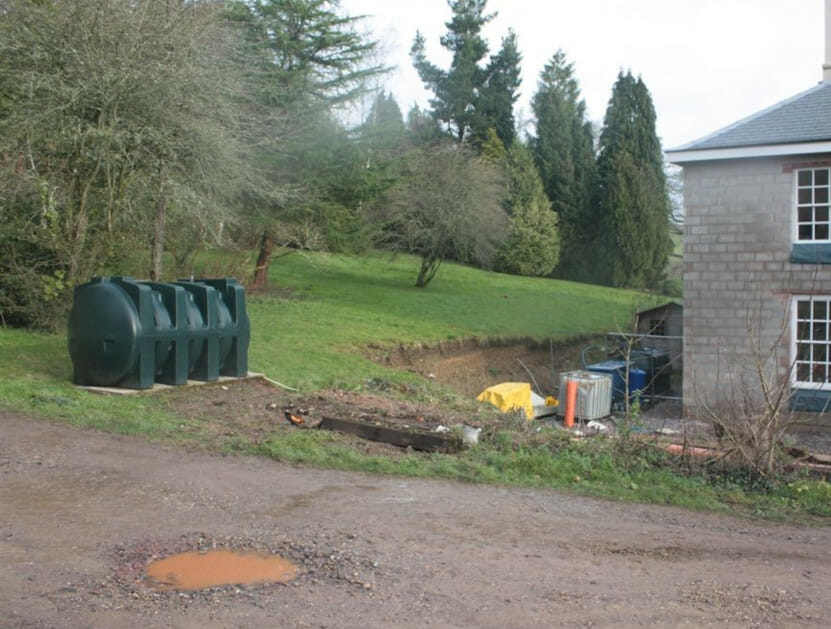
Patrick will look at the various ways in which domestic heating oil can escape into the environment and what should be done to prevent these leaks.
Bristol Series – Push-fit Fittings & Statistical Analysis
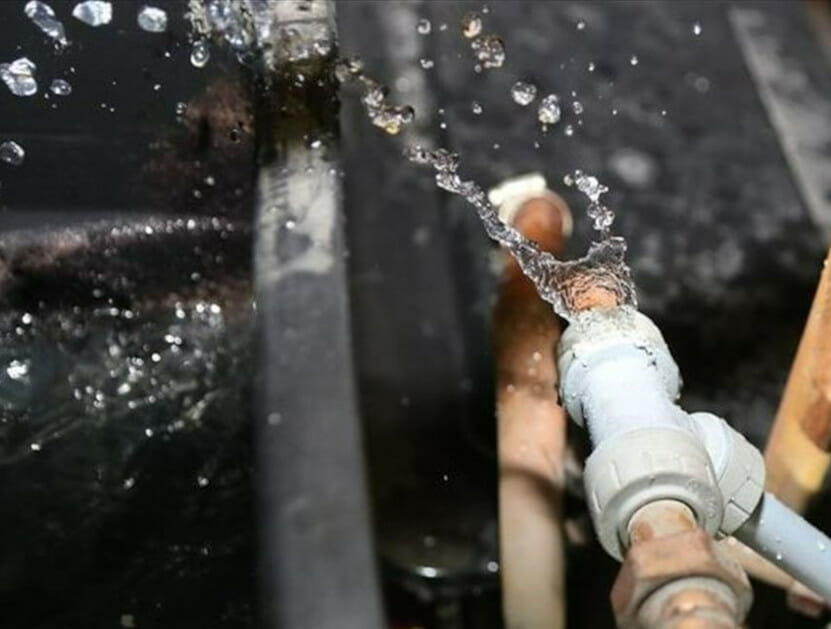
Gerald will discuss examples where Hawkins has investigated escapes of water caused by a fault in a push-fit fitting, and how laboratory inspection can be conducted to generate data that allows us to compare the characteristics of exhibit and exemplar fittings.
Hawkins Webinars: The Bristol Series
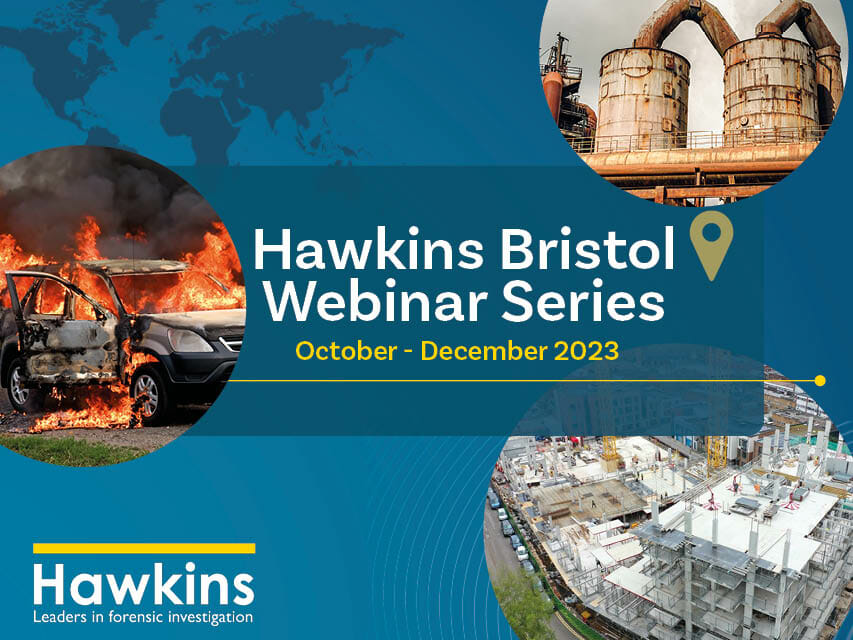
Learn from Hawkins’ about the Common Causes of Vehicle Fires, Corrosion in the Power Industry, and Fires Involving Biomass Boilers and more.
David Edwards
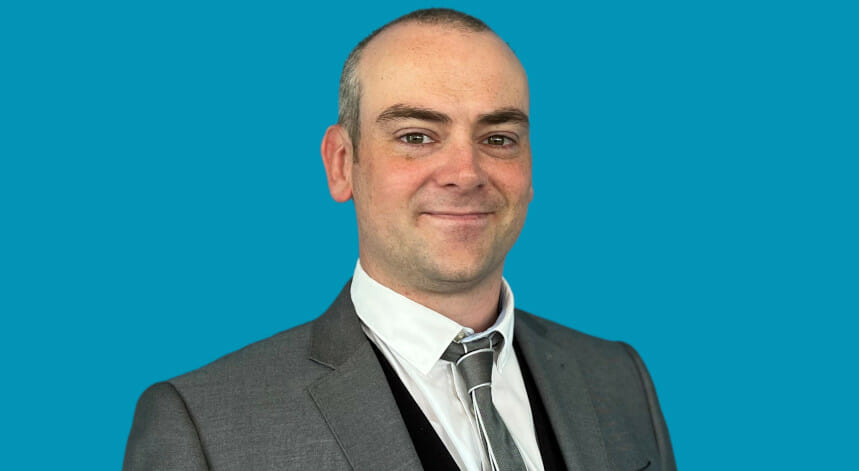
David started his career in 2005, with as a professional trainee at MITIE Engineering in London.
Materials Series – The Effects of Hydrogen on Materials Properties
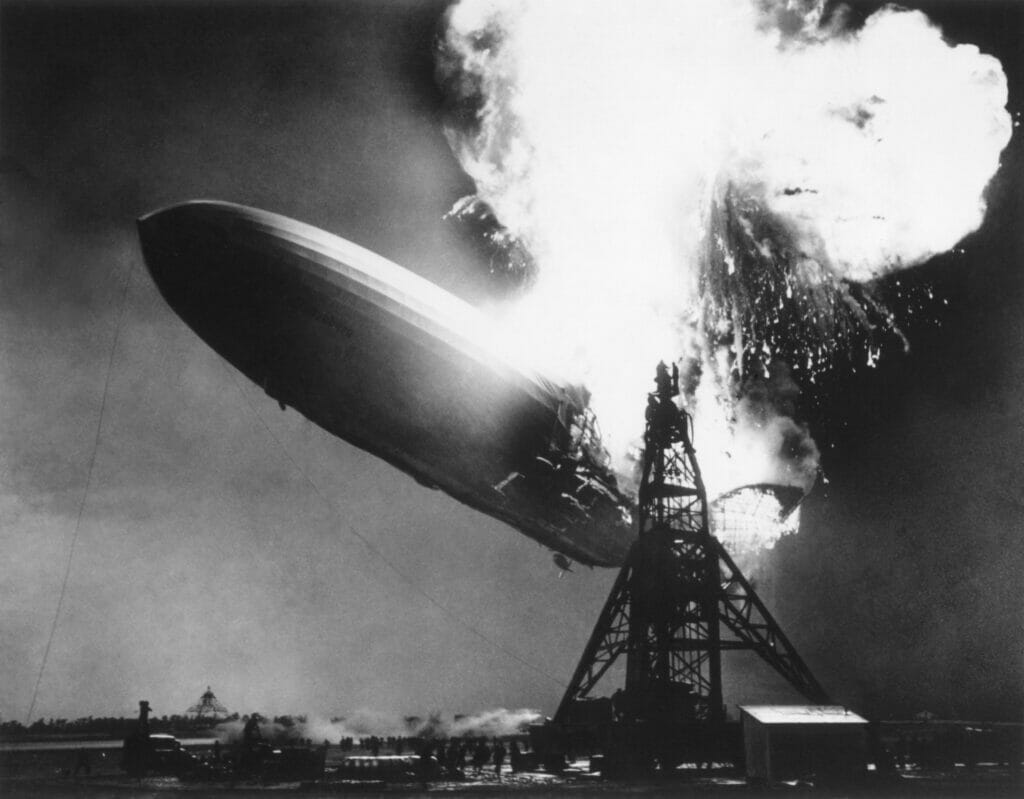
Lin introduces the basic characteristics of hydrogen, the current trend for its applications, its effects on materials, and some recent examples of materials failures in the context of insurance claims.
Materials Series – Leaking Pipes & Cylinders
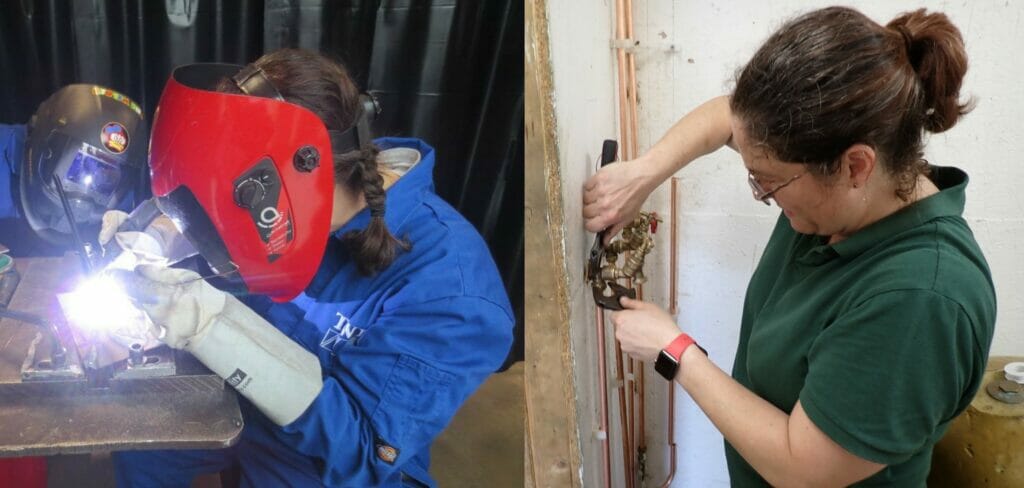
Philippa explores common themes that lead to leaks and failures in high-integrity industries, or the pipework in your home.
Hawkins Webinars: The Materials Series
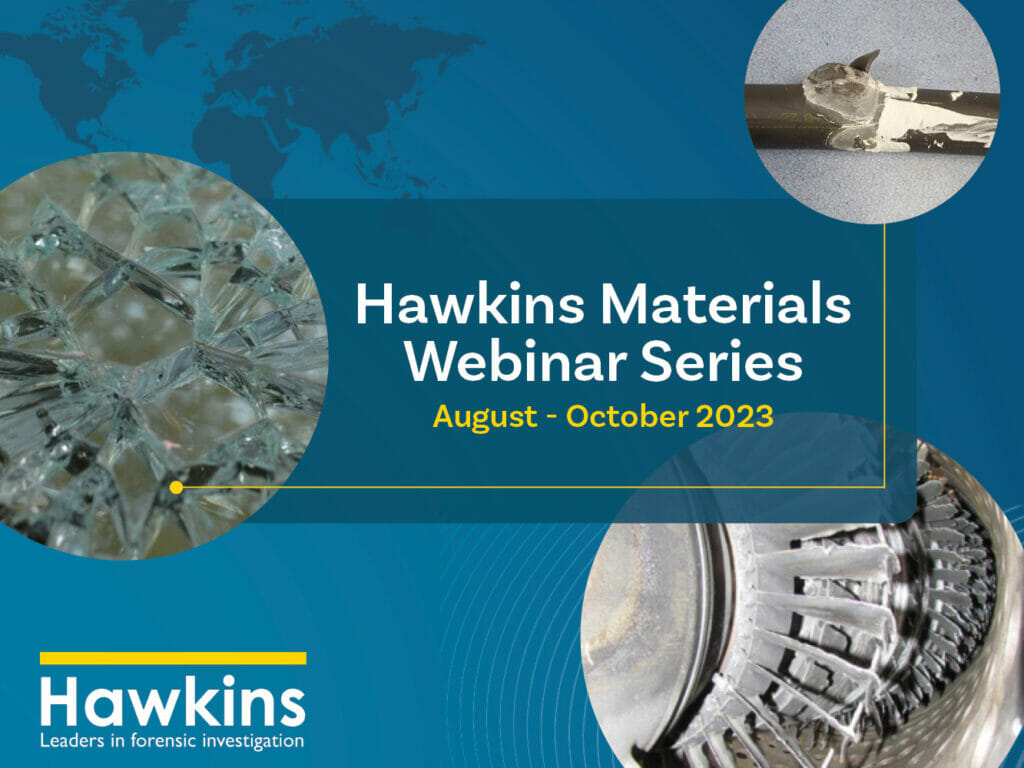
Learn from Hawkins’ on failures in gas turbines, the effects of hydrogen on materials, spontaneous glass fractures, common leak causes and more.
Materials Series – Sprinkler Systems and the Potential Problems
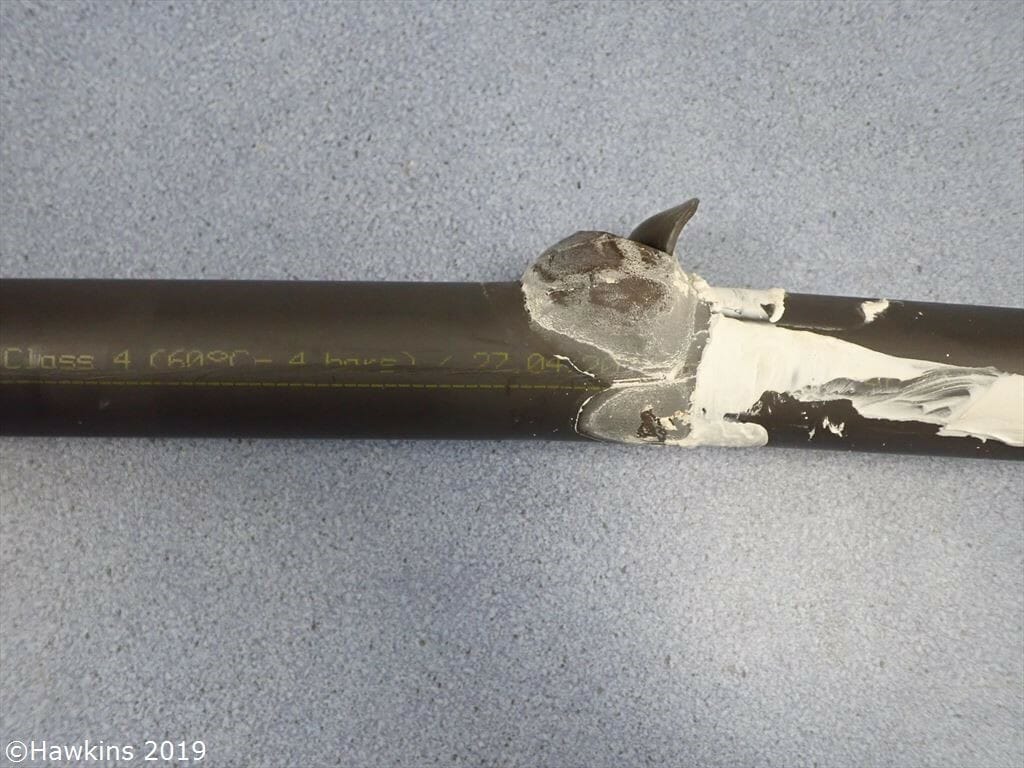
A review of sprinkler pipework including, commissioning processes, material compatibility and what can go wrong.
Materials Series – Failures Encountered in Aeroderivative Gas Turbines
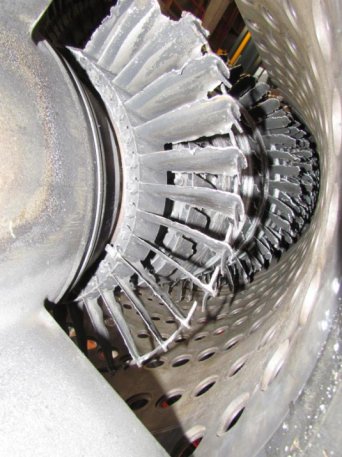
Stephen gives insight into what an aero-derivative is, as well as their benefits and disadvantages. He also discusses RCA methodology
and damage mechanisms encountered.
Do You Need to High Speed Test Generator Rotors?

The subject of high-speed balancing generator rotors can be contentious, and the practice varies across the world. In Europe, with relatively easy access to high-speed test facilities, the default position is generally to carry out the testing. However, in Southeast Asia, Africa and South America, where there are fewer (if any) facilities, a risk-based approach is taken more often; this approach does not include high-speed testing

 Italiano
Italiano